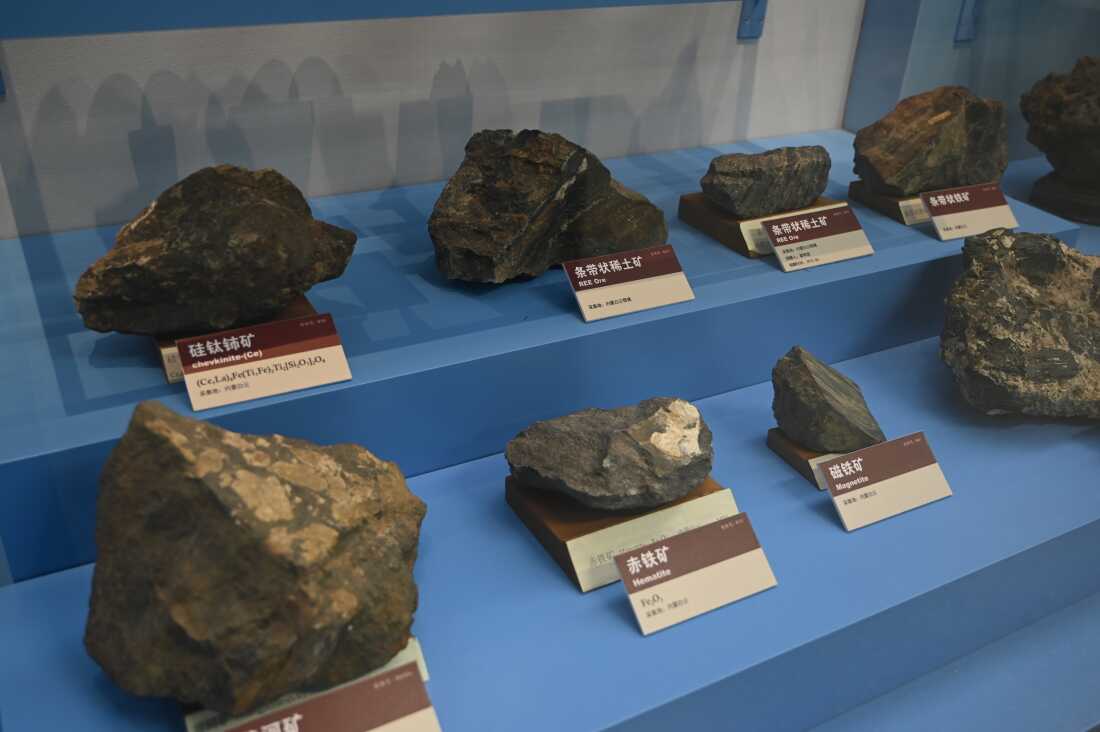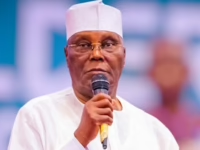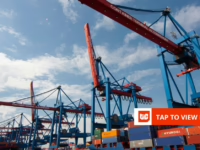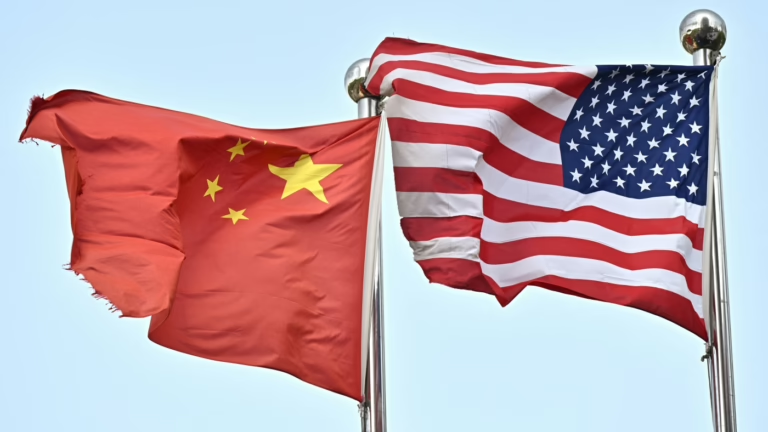Chinese and American flags flutter outside a technology company in Beijing, China.
Pedro Pardo/AFP via Getty Images
BEIJING – On Thursday, China imposed fresh export limitations on rare earth elements and associated technologies, a move experts interpret as Beijing’s strategy to strengthen its negotiating power in upcoming trade discussions with the United States.
The Ministry of Commerce’s newly expanded “unreliable entities list” predominantly targets U.S. defense contractors dependent on Chinese rare earth supplies. Notably, the Halifax International Security Forum, an annual defense summit in Canada, was also included on this list.
This development arrives just weeks before the anticipated summit between President Trump and Chinese President Xi Jinping in South Korea, coinciding with an Asia-Pacific economic forum. This meeting marks the first direct encounter between the two leaders in nearly a year.
China controls approximately 90% of the global rare earth supply chain, essential for manufacturing everything from cutting-edge smartphones to sophisticated military aircraft. Beijing has leveraged this dominance amid escalating trade tensions triggered by the U.S. administration’s tariff policies earlier this year.
According to multiple announcements from the Ministry of Commerce, the new regulations broaden the scope of rare earth materials requiring export licenses, impose stricter controls on the export of rare earth recycling and processing machinery, and limit the use of Chinese rare earths in foreign semiconductor manufacturing and defense sectors.
Dan Wang, Eurasia Group’s China director, interprets these measures as a calculated attempt to enhance China’s bargaining position ahead of the Trump-Xi summit.
“Access to rare earth technologies will likely be a key topic in negotiations concerning tariffs, semiconductor trade, and broader technology exchanges. By showcasing its ability to fine-tune export controls, China is signaling increased confidence and strategic acumen,” Wang explained.
“This policy could set a precedent for China’s management of other critical resources such as cobalt and graphite, transforming export restrictions into diplomatic tools. China’s supremacy in these materials and related technologies is poised to become a significant bottleneck for international commerce.”

Display of rare earth mineral samples from Bayan Obo mining area at the Institute of Geology and Geophysics, Chinese Academy of Sciences, Beijing, May 17.
Visual China Group/Getty Images
China Justifies Export Restrictions as National Security Measures
A spokesperson from the Ministry of Commerce stated that the enhanced export controls on rare earth elements are intended to safeguard China’s national security interests.
“Recently, certain foreign organizations and individuals have directly or indirectly transferred rare earth-controlled items originating from China-either in their raw form or after processing-to entities involved in sensitive sectors such as the military,” the spokesperson explained.
“These actions have inflicted considerable damage or posed potential risks to China’s national security and interests, disrupted international peace and stability, and undermined global non-proliferation efforts.”
Previous Export Restrictions Highlight Ongoing Trade Tensions
Earlier this year in April, following President Trump’s announcement of increased tariffs on China and other nations, Beijing tightened its rare earth export policies, triggering supply shortages and urgent negotiations. A subsequent call between Trump and Xi in June reportedly made progress on rare earth issues.
The two leaders held another conversation in September to prepare for their upcoming meeting in South Korea. Trump accepted an invitation to visit China in early 2026, while Xi agreed to visit the United States at a mutually convenient time.
In a related move, China’s Ministry of Commerce added 14 foreign companies-many American aerospace and defense firms-to its “unreliable entities” list. The ministry cited these companies’ collaborations with Taiwan, which China regards as a breakaway province, as the reason for the designation.
“These activities have seriously compromised China’s sovereignty, security, and developmental interests,” the ministry spokesperson concluded.






















